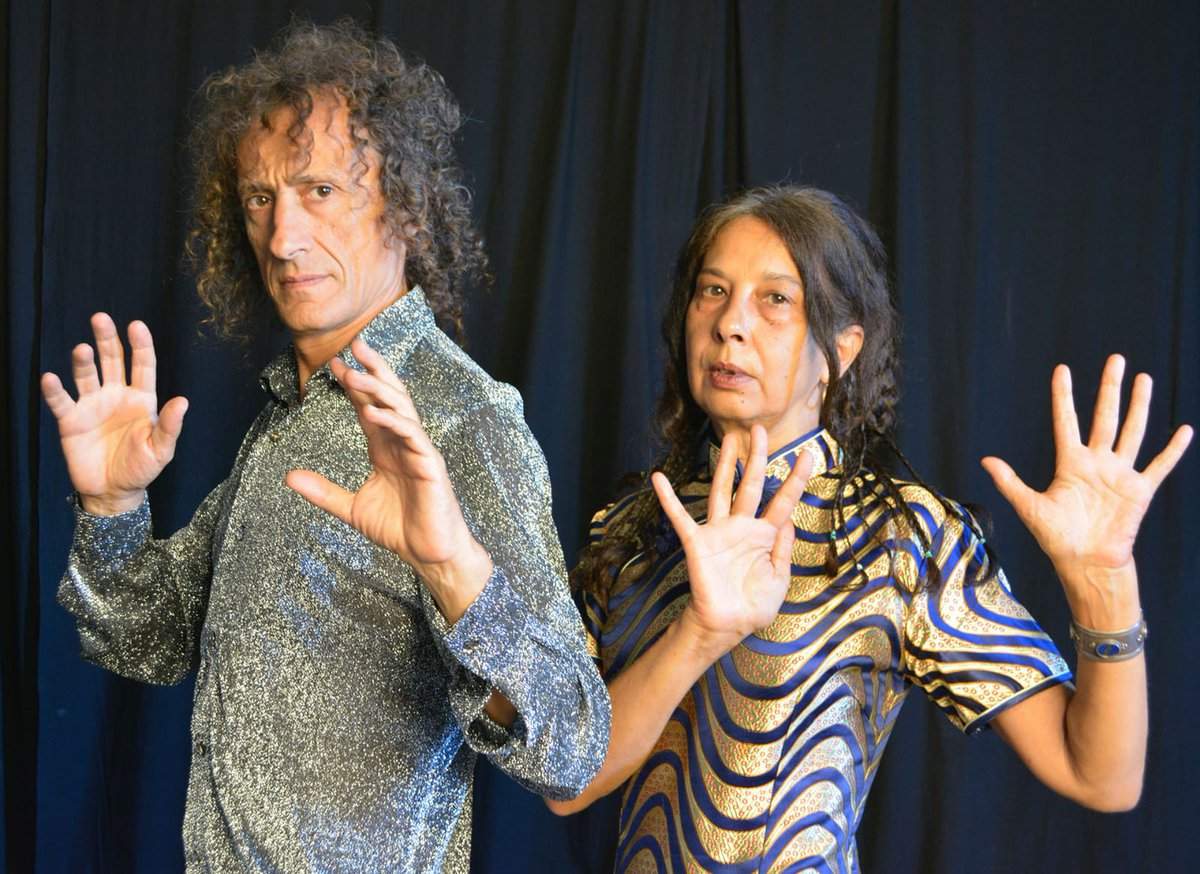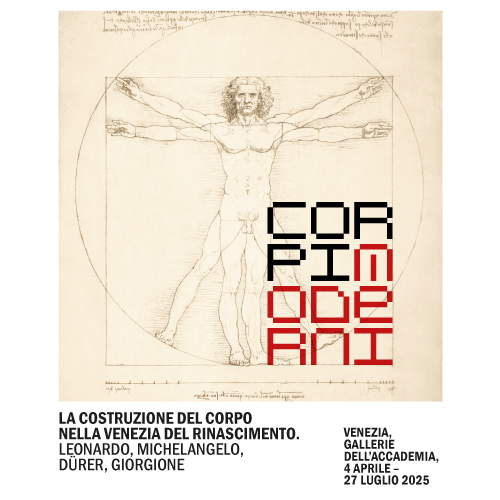An exhibition in Spoleto on Flavia Mastrella and Antonio Rezza's 35 years of work
From June 25 to September 25, 2022, Palazzo Collicola in Spoleto dedicates an exhibition to the 35 years of work of two of the most innovative artists, actors, and directors on the Italian scene and beyond: Flavia Mastrella and Antonio Rezza. Two artists who, as they themselves emphasize, “deal with unintentional communication”: together they have created thirteen plays (including Pitecus, Io, Fotofinish, Bahamuth, 7-14-21-28, Doppia Identità , Fratto_X, Anelante and Amistade), five feature films (such as Escoriandoli, presented in Venice in 1996, Delitto sul Po, Milano Via Padova and Samp, presented in Venice in 2020) and an endless series of short and medium-length films. Flavia Mastrella also works in sculpture, photography, and video-sculpture (she has exhibited at GAM in Milan, Mambo in Bologna, and PAN in Naples), while Antonio Rezza works in literature (he has published his novels with Bompiani and la Nave di Teseo, and won the 2008 Feronia Prize with Credo in un solo oblio.
The exhibition is titled Euforia Carogna and is a project specifically designed for the spaces of Palazzo Collicola and realized also thanks to the contribution of the Festival dei Due Mondi, in which Antonio Rezza and Flavia Mastrella will take part with the show Hybris: the public will encounter a habitat of interactive sculptures, a documentary exhibition, an evolutionary path, a stage set, videos and photographs.
Mastrella and Rezza’s language moves between desecration and critique, word and neurosis, form and experimentation, hybridizing sound, noise, object, body in a continuous metamorphosis often taken to the limits of “cruelty.” As they themselves wrote for the occasion, “Having thirty-five years of work behind us and knowing that there will probably be no more and thirty-five ahead would throw anyone into despondency. But since it is about us we accept the verdict of time confident of disproving it, because to feel freedom without the need to idealize it, is an opportunity that does not fear the uncertainty of the future.”
Euforia Carogna is meant to be a monstrum, i.e., “prodigy” exhibition, which announces itself right from the museum’s entrance staircase and creeps inside the austere and noble spaces of Palazzo Collicola and its collection of paintings, mirrors, tapestries, wall paintings and antique furniture, where history observes contemporaneity through the stern or impassioned gazes of cardinals, saints, madonnas, and martyrs, hanging on the walls of the Hall of Honor, the Chapel and all the 15 rooms in which the exhibition’s itinerary unfolds, culminating in a large, threadlike and transparent installation suspended along the Painted Gallery.
The exhibition is also meant to present itself as one big performance, in which cycles of stage sculptures used in Fotofinish, blow-ups from some theatrical performances, wheeled and handmade books, Light Paintings, Scene Paintings, Juggling Cards, Faces...Goths, musical instruments, fabric sculptures on mirrored sheets animate the space as fragile and impertinent intruders, while in some rooms videos, film fragments, theatrical actions and voices such as The Crying of the Centaur are projected. A sort of vain party of works and images, costumes and small habitats, intended to invite the viewer to participate, to touch, to play the creative and uninhibited game to which Rezza gives voice and body and Mastrella support and structure. A perfect balance between order and chaos, rigor and improvisation, Antonio Rezza and Flavia Mastrella’s habitat and stage machine are capable of invading space and being invaded by the audience, of soliciting and being solicited by our reactions. Inside the museum of Palazzo Collicola, their works aspire to take on the features of a real autonomous life form, a pulsating organ, a creative anarchy designed down to the smallest detail.
The exhibition was also made possible thanks to the contribution of the Festival dei Due Mondi and the Sardegna Film Commission. For information you can visit the Palazzo Collicola website.
 |
| An exhibition in Spoleto on Flavia Mastrella and Antonio Rezza's 35 years of work |
Warning: the translation into English of the original Italian article was created using automatic tools. We undertake to review all articles, but we do not guarantee the total absence of inaccuracies in the translation due to the program. You can find the original by clicking on the ITA button. If you find any mistake,please contact us.





























